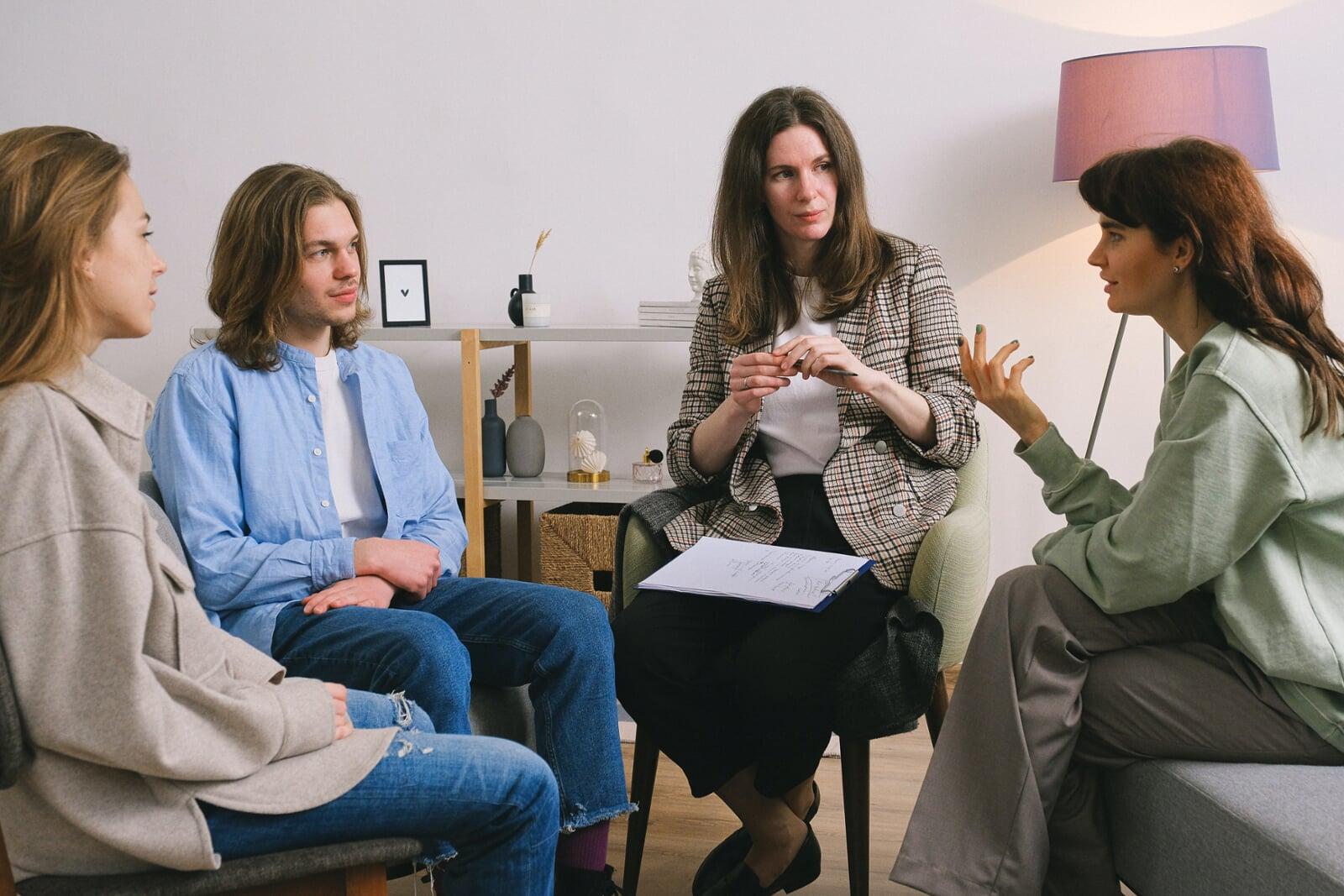
By Allison O'Brien
Just last week I was talking to a colleague and brilliant thought partner who shares a passion for listening. She said, “I want to run something by you that I’ve been struggling with. It’s the word ‘curious’ when it comes to listening. Encouraging people to be “curious” in their listening isn’t sitting well with me lately and I would love your thoughts.”
I was hooked but couldn’t quite answer yet without knowing more. So, I asked, “Can you say more?”
The basic gist was, after years of using the word, encouraging folks to be “curious in listening” and to seek more information, ask questions before coming to a conclusion or sharing their perspective, it no longer felt right. The word “curious” had started conjuring up images of the mischievous little monkey, George, and thoughts of children asking “why?”
I had never thought of it that way, but I could see it, especially in the realm of teaching professionals to become more agile and intentional listeners. Listening is bigger than simply seeking answers.
Perhaps it’s just semantics, but it got me thinking that we need to be more specific and clarify our intended meaning if we want to use the word “curious” regarding listening. It also got me wondering what the true dictionary definition is and what comes to mind for others when they hear it. So, I took to the internet.
“What is the meaning of curious?” yielded outcomes I hadn’t expected,
like: “If you’re curious, you really want to know something — like the secret ingredient that makes these cookies so crunchy. You may wish you hadn’t been so curious when you find out it’s roasted crickets.”
My search certainly validated my colleague’s thoughts when using the word. Amongst Miriam Webster’s, Cambridge English Dictionary, Collins and Dictionary.com, the definition of curious was consistent and promising in that each onestarted with inquisitive and eager to learn. That lines up with our intention! However, the definitions also had some element of prying, being meddlesome or intrusive, which clearly does not align.
When we use any word, we use it from our own perspective and interpretation of its meaning, often without deep consideration of what it means to others. And now, with the image of a little monkey causing trouble, it was clear that I needed to reconsider specific language I’ve been using in the context of listening. For over a decade I’ve been encouraging people to “get curious,” when I really mean, “apply intentional effort to truly seek understanding.” It’s a very subtle but important distinction.
When we encourage people to seek other perspectives, to cue into what is important to others, especially in collaborative settings with high stakes outcomes, it requires an intrinsic desire to learn and takes intentional effort.
So how do we apply this new insight regarding listening to real-world business settings? As a sales director for example, when you coach salespeople to ask questions in order to listen to the answers, be more specific. Encourage them to seek intrinsic motivation to learn what’s important to their buyer. Then, speak directly to what they say versus steering the conversation towards the pitch they had prepared to deliver.
In a meeting setting, to harness the cognitive diversity of the group, commit to listening while withholding your viewpoint and silencing your opinions until all others have shared their different thoughts.
Listening with an innate desire to learn is curiosity on steroids. It’s not just about getting answers. It’s about the opportunity and potentiality for collective inspiration and innovation. So, next time you’re in a meeting, or any conversation for that matter, when you preface a question with “I’m curious…,” pause and ask yourself, “Am I truly inspired to learn?”
Originally posted by ECHO Listening Intelligence
